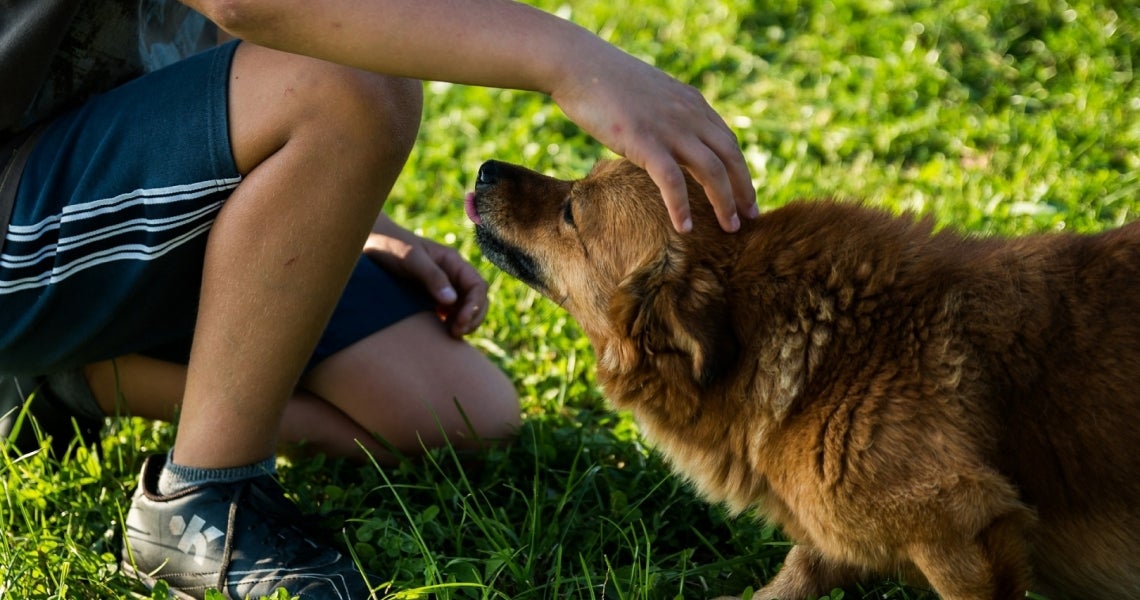Pets are a precious part of the family. So, when you’re making evacuation plans in advance of a major storm, be sure you have a plan for getting your pets safely out of your home, too.
A critical detail to remember is that emergency shelters often do not accept pets (exceptions are made for service animals). Before you evacuate, try to find family members or friends who can care for your pet while you are out of your home. If you have multiple animals, they may require different shelter options. Check with your veterinarian or local animal shelters for recommendations for pet accommodations. Keep those phone numbers handy, and call ahead to ensure space is available.
You can also visit pet-friendly-hotels.net to find lodging options that accept pets. If necessary, call pet-friendly hotels for reservations before you leave home.
Once you’ve identified safe lodgings for your pets, you need to be prepared to travel with them on short notice.
Make sure your animals have reliable ID—either a secure ID tag on a collar or a microchip (ask your vet about this). If your pet gets lost or separated from you, an ID will help you be reunited. A current photo and copies of up-to-date immunization records may also be helpful to have on hand.
Portable cages or pet carriers will provide a safe space for your animals to travel in, and they are a convenient way to keep them safely contained wherever you decide to shelter.
You may have packed an emergency storm kit for your family, to be prepared for a quick exit. Pack one for your pet, too, and make sure it’s easy to get to when it’s time to go. Include the following:
- Leash/harness
- Food and water bowls
- 3-day supply of food and water
- Manual can opener for food, if needed
- Medications
- Health records and special care instructions
- Veterinarian contact information
- Litter box/clean-up supplies
- Portable bedding
- Favorite toys
As soon as you know you’ll be evacuating, locate your pets and keep them indoors, so you won’t have to spend time finding them when it’s time to go.
After the storm, when you return home, be alert for debris, damaged fencing, flooding or other hazards that may be harmful to pets. Watch your animals closely; they may be disoriented, aggressive or defensive after sudden changes to their routines. If problems persist, consult your veterinarian.
Find more helpful details by downloading the South Carolina Hurricane Guide and visiting scemd.org/prepare/your-emergency-plan/pet-planning.
_____
Sources: American Red Cross, S.C. Emergency Management Division’s “South Carolina Hurricane Guide”

